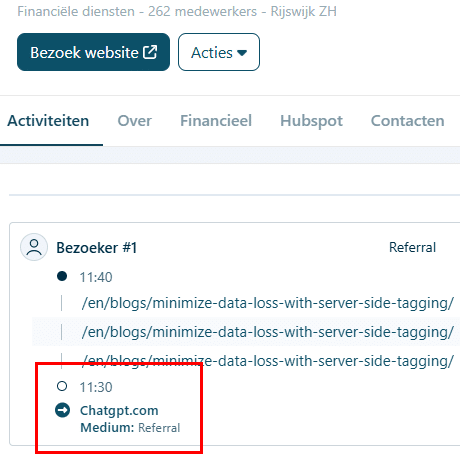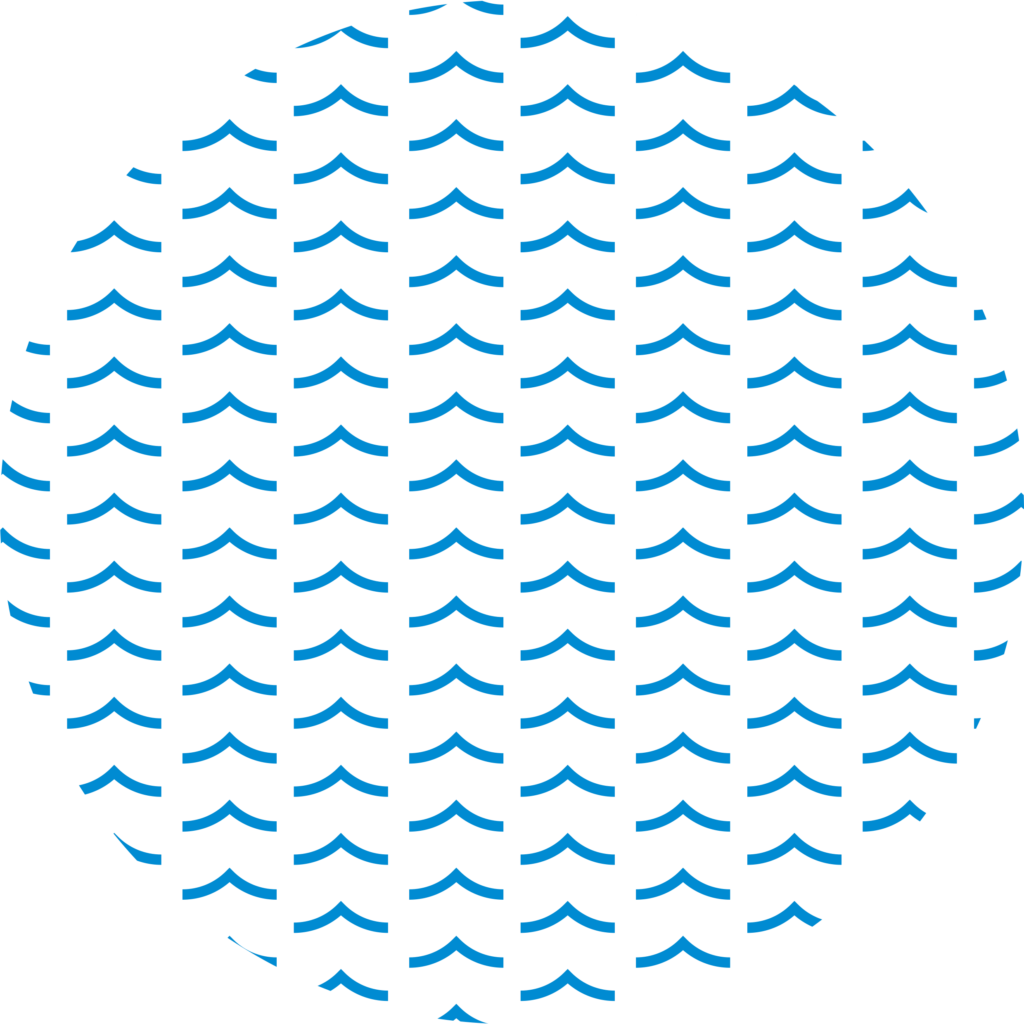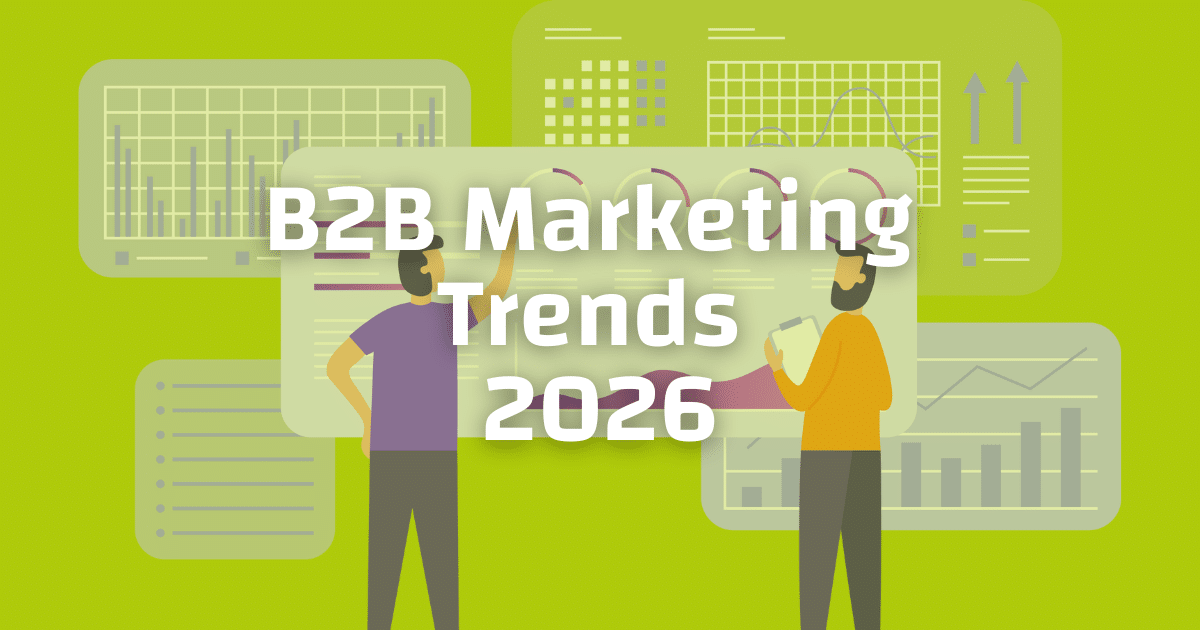Search Engine Optimization (SEO) is a familiar concept for most companies. But now that AI is increasingly being used as a search engine, confusion has arisen. Does your SEO strategy still work? Or should it all be thrown out the window? Is there even a connection between AI and SEO anymore?
In this article (and in the free download at the bottom of this page), we explain exactly what has changed in the world of AI and SEO, and how you can respond to it. We dive into:
- SEO vs GEO: The difference between Generative Engine Optimization (GEO) and traditional SEO
- How to practically assess if your strategy is working
- When AI-generated texts are flagged as spam
- The importance of people-first content (E.E.A.T: Experience, Expertise, Authority & Trustworthiness)
What is the impact of AI on SEO?
AI tools like ChatGPT, Copilot, and Gemini are increasingly being used as search engines. That means your website pages need to be optimized not just for keywords, but increasingly for search intent. People are searching differently now—less with keywords like “AI and SEO” and more with questions like “What is the impact of AI on SEO?” This shift demands a new approach to content optimization, known as GEO.
What is GEO?
GEO stands for Generative Engine Optimization. It’s about optimizing your content for generative engines—AI models like ChatGPT. This approach comes with new rules:
- Start with questions: Since users interact with AI via questions, these questions should be the starting point for your content.
- Answer first: AI models look for quick, clear answers. Place the answer right after the question, followed by context and details.
- Structure matters: A strong header structure, use of JSON-LD code, and HTML tables help AI models better understand and assess your content.
SEO vs GEO in a nutshell
- SEO is about visibility in traditional search results. Think of keyword optimalisation, backlink strategies and technical optimalisation like loading speed.
- GEO is about visibility in AI driven search engines (ChatGPT, Copilot, Gemini, etc.). It’s about being used as a source in the answer AI gives a user.
Fun fact: Microsoft has invested heavily in AI integration. Bing is now used as a source by AI models, so your performance in Bing has become a good indicator of how well you’ll perform in AI results.
| SEO | GEO | |
|---|---|---|
| Goal | Rank high in search engines | Be cited as a source in AI-generated answers |
| Focus | Keywords, backlinks, authority | Search intent, structure, direct answers |
| Content Flow | Intro → context → conclusion | Answer → context → details |
| Metrics | Clicks, ranking, bounce rate | AI citations, visibility without clicks |
| Tools | Search Console, Semrush, Yoast | Bing Webmaster Tools, AI itself |
How to check if you’re featured by AI

The image referenced shows how the Ministry of Marketing’s website was found by ChatGPT. This means AI scraped our content and used it to formulate a response. Users then clicked on the citation and landed on our site. The blog was SEO-optimized and thus found by AI. So GEO isn’t a replacement for SEO—it’s an extension.
This example is from LeadInfo, but you can also check Google Analytics to see if your site is being found by AI.
AI as spam: haven’t I read that before?
Blogs or articles generated by ChatGPT or Copilot and posted one-to-one on websites are now easily identified by search engines—and quickly marked as spam.
Here’s why: the content AI generates is a remix of what’s already available online. It composes text from previously published material, without adding anything new. And that’s exactly what Google doesn’t want. Your recycled text adds little value and ends up ranking low in results.
That doesn’t mean you can’t use AI for brainstorming, outlining, or reviewing your text. But you do need to add your own input. Always ask: is this relevant?
AI is important, but search engines are far from dead
Every business wants to be easily found online. And Google remains a marketer’s best friend. If you’re not visible on Google, forget it.
In 2024, Google Search remained the dominant search platform, with over 14 billion searches per day. In comparison, ChatGPT processed about 37.5 million daily interactions with a search-like intent, meaning Google’s search volume was approximately 373 times larger than ChatGPT’s.
[Source: ChatGPT, referencing Exploding Topics, sparktoro.com, Search Engine Land]
Despite the rapid growth of ChatGPT—reaching 100 million users in two months and around 250 million weekly active users in early 2025—traditional search engines like Google are still used on a massive scale. A 2025 study found that 99% of AI platform users still relied on traditional search engines, and only 16.45% of traditional search users also used AI platforms.
[Source: ChatGPT, referencing Business of Apps, BrandWell, 9rooftops.com]
However, AI has become an integral part of the way we work and search. Not everyone uses AI regularly yet, but that is expected to change significantly in the coming years. And AI is improving by the day.
Want to Learn More About GEO, AI, and SEO in Marketing?
Click the button below for deeper insights into GEO, such as:
- How to reverse-write GEO content in 3 steps
- The focus on people-first content (E.E.A.T: Experience, Expertise, Authority & Trustworthiness)
- Deep Research as your new SEO analyst
- Additional optimization strategies and tips




